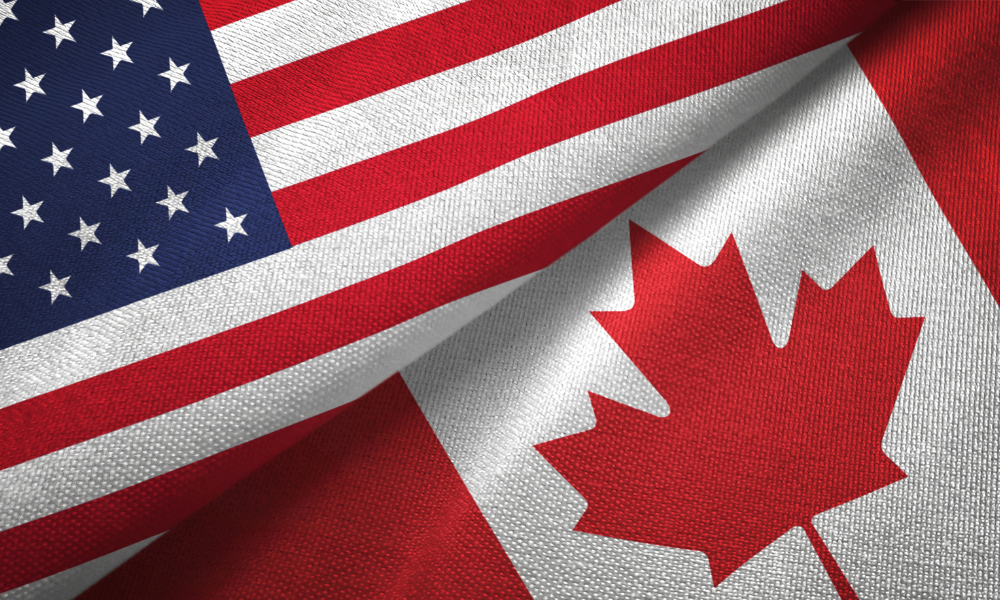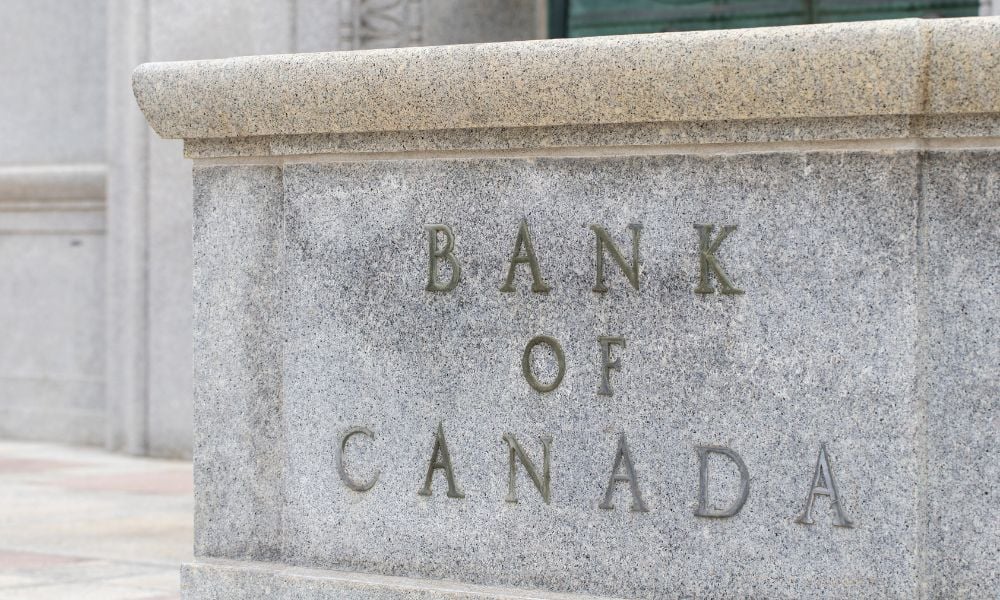Most Canadian businesses fear trade tensions with the US and are rethinking strategies for growth

The 2024 KPMG Private Enterprise Business Survey reveals that most Canadian business leaders are concerned about the impact of rising US protectionism on the Canadian economy.
The survey highlights that 87 percent of business leaders fear Canada could become ‘collateral damage’ as less favourable trade deals and increased tariffs emerge.
Concerns over these potential changes are pushing 85 percent of leaders to revisit their business strategies in anticipation of a possible change in US leadership.
Larger companies and sectors closely integrated with the US economy, such as manufacturing, automotive, transportation, energy, and technology, are particularly concerned about future US trade policies.
Shaira Nanji, partner, Tax, KPMG Law, explained that “as geopolitical shifts reengineer global trade relationships, Canadian companies that previously enjoyed largely unrestricted access to US and international markets are having to navigate rising protectionism and added costs.”
Canadian business leaders are also worried about the competitiveness of Canada’s tax policies compared to the US. A significant 87 percent believe that if the US implements major tax cuts in the future, Canada's higher personal and corporate tax rates will hurt its competitiveness.
Moreover, 86 percent of respondents feel that Canada’s personal income tax rates are uncompetitive when compared to other advanced economies, which makes talent recruitment more difficult.
These views echo findings from a previous 2023 KPMG survey, where 79 percent of respondents said that high taxation levels harm their ability to compete with the US market.
Paul Lynch, partner-in-charge at KPMG’s National Tax Centre, noted that “Canadian businesses ―and indeed the Canadian government― may need to deploy different strategies to drive growth, depending on the outcome of the American election.”
Regarding the clean economy, there is broad agreement that Canada and the US have aligned on environmental policies, especially in decarbonization incentives.
However, 84 percent of business leaders expect that a new US administration would reduce ‘green’ investments, causing 86 percent of Canadian businesses to reexamine their decarbonization strategies.
Despite this, 88 percent of leaders see potential opportunities for Canada to lead in the clean economy if US incentives decline.
Additional findings include a consensus that Canada must keep pace with the US in transitioning to a new economy focused on innovation, clean energy, and technology.
While many expect a rollback of US decarbonization efforts, Canadian business leaders believe such changes could open doors for greater clean economy investments in Canada.



